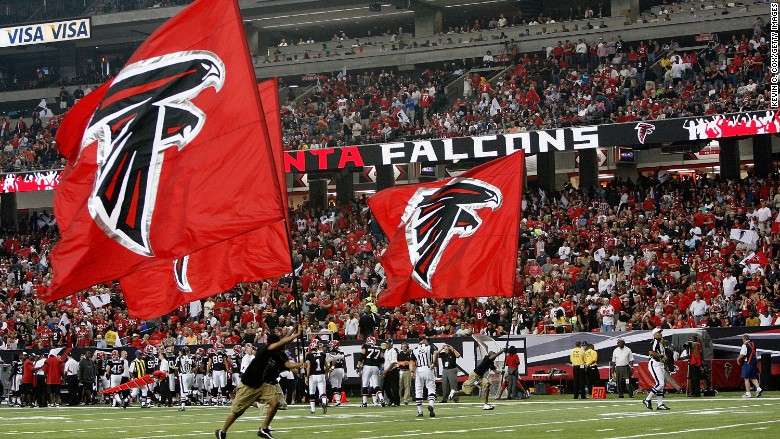
If you saw Sunday’s Super Bowl, you’ll have seen that despite being beaten by the New England Patriots, the relationship at the heart of the Atlanta Falcons is one which has been lacking in the English Premier League. It began two years ago when Dan Quinn was hired to coach the team- reduced the amount of roster control of general manager Thomas Dimitroff. If this occurred in England, more often than not, two into one doesn’t work and someone in Dimitroff’s position would be gone.
However, if you were following Super Bowl news, you’ll have read descriptions in Sports Illustrated about the pair, “the vision that saved Atlanta” – Atlanta Team president Rich McKay told Sports Illustrated that it was actually Mike Forde who helped make it happen. In the Independent‘s article of the event, Mike is featured heavily and how he, “worked with Dr Bill Gerrard, one of the early exponents of the use of data in the transfer market, to help make Sam Allardyce’s tenure so successful.”
As a consultant to the Falcons, Miami Dolphins and Philadelphia Eagles, with the Brooklyn Nets and Philadelphia 76ers, Mike has built a huge reputation in the US. The experience he gained in the UK, seeing fractured relationships between executives and managers at top Premier League clubs and how when a new manager arrives at a club, staff rotate and leave, have given him a huge advantage across the pond. Around 80% of the US teams have brought him in when a new coach arrives to prevent the team unravelling and self-sabotaging.
Mike works with Aidan Halliwell in the Sportology consultancy to sit those down who need to work together, and come up with a strategy to how they can co-exist within a club, to ultimately work together to achieve the best for the club. Basically; everyone on the team must be working towards the same end goal and the same vision for the team in every aspect; goals, culture, team performance, style of coaching and scouting structure. In the sports culture, it’s important to take the ego out of the game and make sure the team is working together and not for any individuals; Mike always says, ‘leave your ego at the door.’
In the article, McKay is quoted and sums up the cycle clearly, “What blows up eventually, in my mind, is the word trust,” McKay said in the process of explaining why Mike had been invaluable to Atlanta, “It’s the idea that somehow you begin to think that somebody else has a different agenda; that they’re not looking out for the same thing. And I think in many instances that comes from a lack of communication, and it winds up going to trust—and personnel winds up going to one side of the hall, coaching ends up on the other side of the hall, and it’s all bad … because then decisions are made for all the wrong reasons.”
The risks in the Premier League transfer market mean Mike has attracted attention from the US teams who are fascinated with how it all works. In the US they have salary caps and a mainly American market for players- compared to our higher value assets and multiple nationalities with multiple languages to choose from. The logistics of the UK market then is one for the US to watch and learn from as they look to Mike to help teach them how they can achieve better competitive advantage and secure marginal gain in how they spend on players.